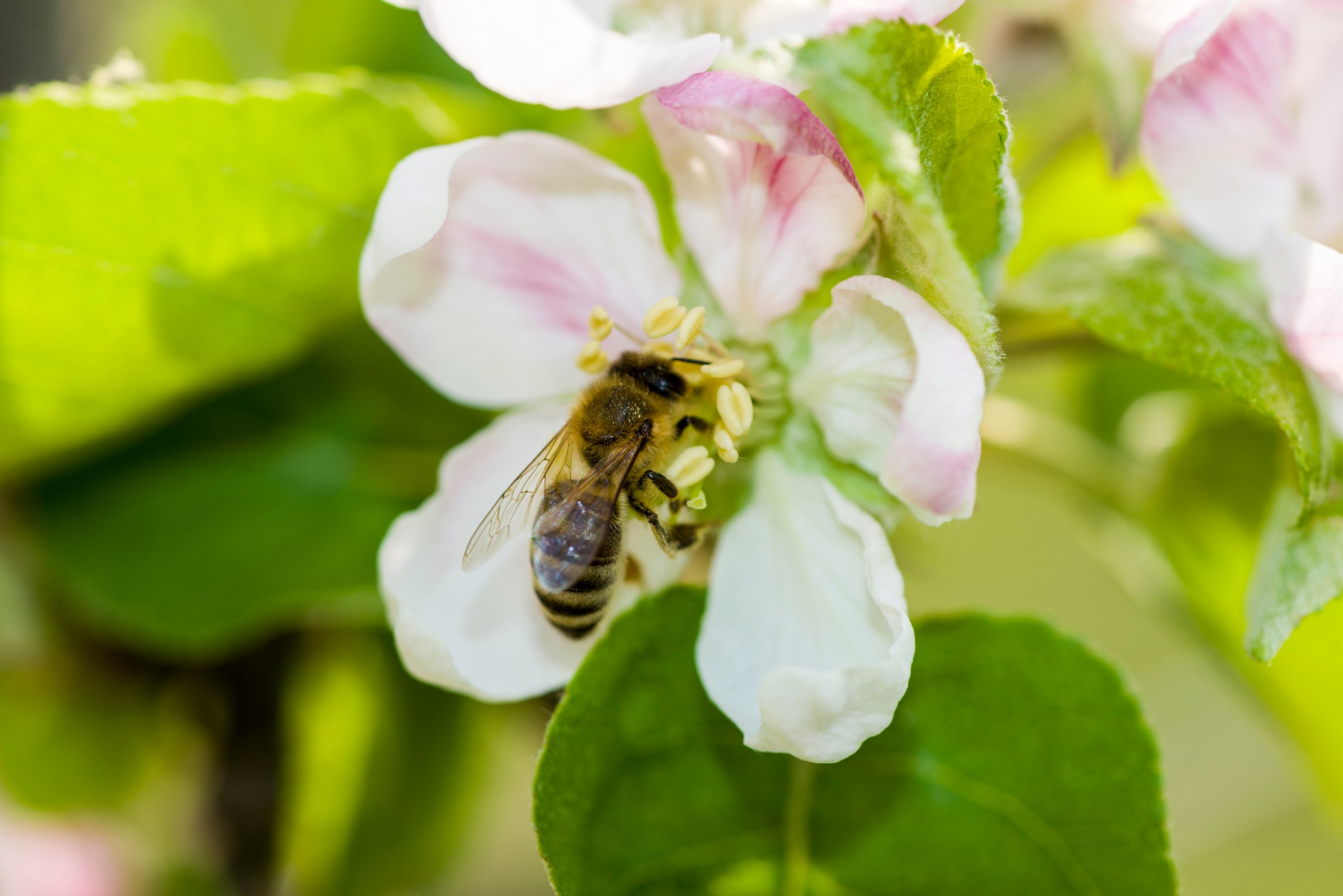
A commonly-used pesticide is making it harder for bees to reproduce, reducing sperm count and viability, according to new research.
The study, published in the journal Proceedings of the Royal Society B, joins a slew of research showing how neonicotinoid pesticides have harmed bee populations, increasing their vulnerability to disease.
The decline of bees, the topic of a 2013 TIME cover story, has agricultural producers and policymakers in the U.S. worried. Dozens of commercial crops that contribute billions of dollars annually to the U.S. economy rely on pollinators like bees, according to a White House report.
The new research focuses specifically on male bees, known as drones, and shows that drones in colonies exposed to neonicotinoids have produced 39% fewer sperm than their non-exposed counterparts. “Male honey bees have really been neglected by honey bee health scientists,” says study author Lars Straub, a researcher from the University of Bern. “These results may turn a few heads.”
The European Union previously banned neonicotinoids and the pesticide is under review by the U.S. Environmental Protection Agency.
More Must-Reads from TIME
- Donald Trump Is TIME's 2024 Person of the Year
- Why We Chose Trump as Person of the Year
- Is Intermittent Fasting Good or Bad for You?
- The 100 Must-Read Books of 2024
- The 20 Best Christmas TV Episodes
- Column: If Optimism Feels Ridiculous Now, Try Hope
- The Future of Climate Action Is Trade Policy
- Merle Bombardieri Is Helping People Make the Baby Decision
Write to Justin Worland at justin.worland@time.com